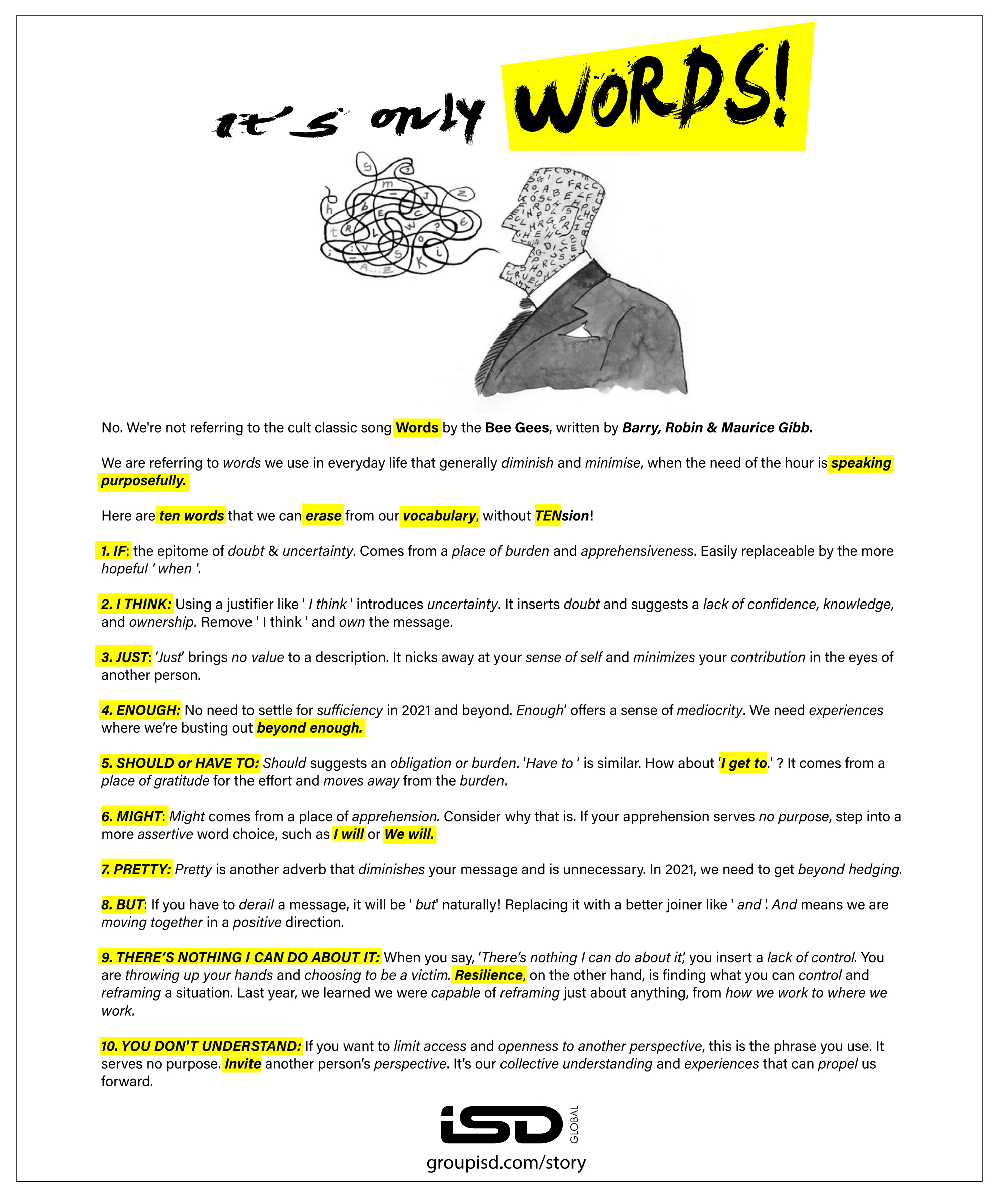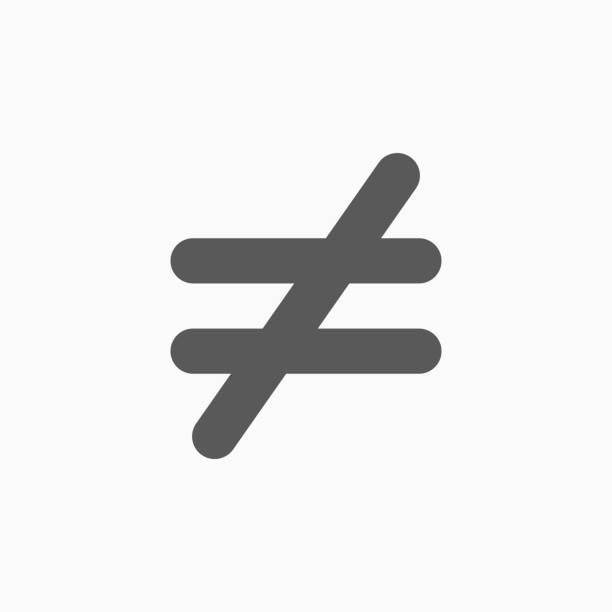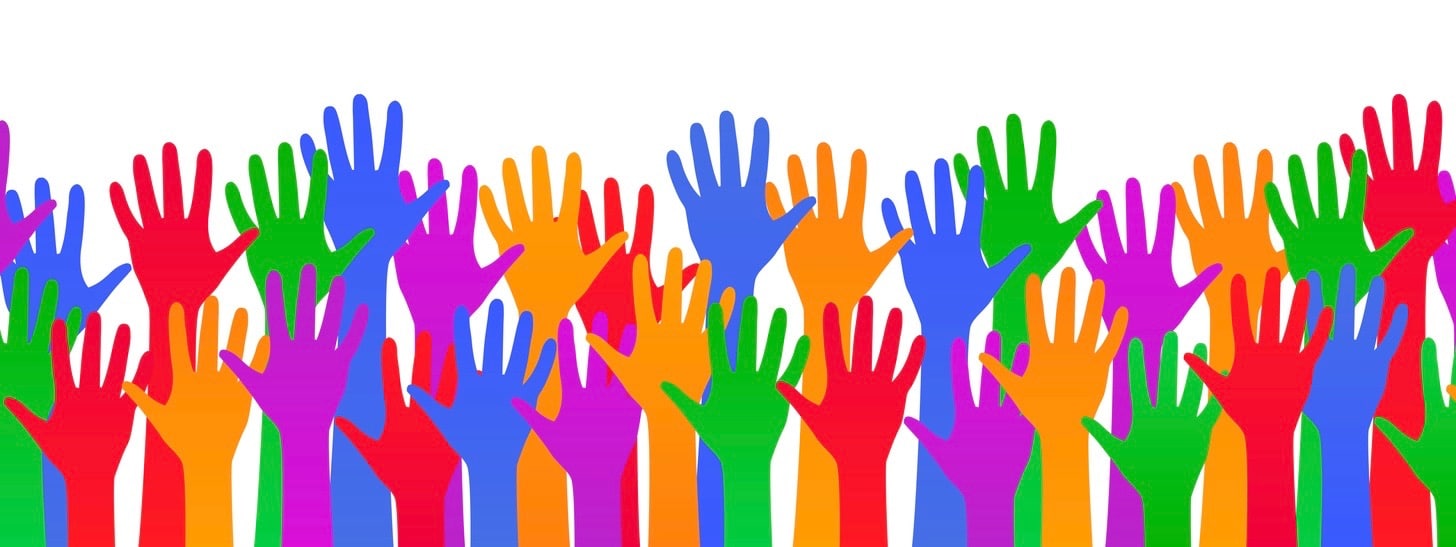Everyone loves a good story. Stories are a communal currency of humanity quoted Tahir Shah in Arabian Nights. And without wanting to sound far fetched, storytelling is our obligation to the next generation. Passing on the baton, if you may.

Distilled, actionable insights on branding, innovation, creativity, leadership, soul enhancement, marketing, advertising and design thinking
Everyone loves a good story. Stories are a communal currency of humanity quoted Tahir Shah in Arabian Nights. And without wanting to sound far fetched, storytelling is our obligation to the next generation. Passing on the baton, if you may.

Branding shapes. Marketing sells.
And yes, there is a gray zone. The shape is essential to the sale.
Let’s face it. Brands define who we are.
Branding
Think of branding as expressing yourself.
What do you wear to a job interview? A suit? A dress? Do you want to appear professional or casual? Sneakers? Heels ? Perfume ? Cologne? Do you shave? Put on makeup? What kind of lipstick? Red? Burgundy? Gloss?
Marketing
Think of marketing as making your case.
Why me? How do I fit into the organisation? What’s my experience? How do I make your life easier, better? How can I help you? What can I learn from you? What can you learn from me?

Without doubt it is becoming increasingly difficult to distinguish between these two disciplines.
The way to see it is that brands need marketing just like a fish needing water. Without the crutch of marketing, brands simply will not get the eyeballs it need for survival.
Yes, marketing has changed the world. Billboards alter our skylines, and commercials disrupt our entertainment experiences. But, it is not marketing that shapes humanity in such fundamental ways.
Like it or not. It is brands that do.
Branding is Expecting; Marketing is Parenting. More on this can be accessed at BrandKnew.
ENDS
We are all frauds! Forgive the blatant articulation.
To quote Wikipedia ” The master race (German: Herrenrasse) is a pseudoscientific concept in Nazi ideology in which the putative “Aryan race” is deemed the pinnacle of human racial hierarchy. Members were referred to as “Herrenmenschen” (“master humans”).
Creating is hard for every last one of us– including for the ones from the allegedly superior Aryan race.
If you think creating is hard, try grave digging. Or coal mining. Infinitely harder. Do you think miners stand around all day thinking and talking about how hard it is to mine for coal? Certainly not. They just go ahead and do it ie dig!
Throughout life, you collect data points or dots. And you probably don’t have a clue how these dots will connect in the future. As Steve Jobs said, you can only connect these dots looking backward. But, you can only collect them going forward.
In our daily lives, too many of us favor the comfort of conviction over the discomfort of doubt. The result is that our beliefs get brittle long before our bones.
Without the mistakes we make, the decisions we regret and the experiences that didn’t live up to our expectations, we would be very short on material for our creative work. These things are all just ingredients for your soup, material for making meaning and making art.
The creative process, just like the creative life, isn’t linear. We don’t know how each of our life experiences will impact us down the road. With each step forward, the view changes, the landscape shifts and the horizon offers a different dimension. The most insignificant of our experiences and life’s little skirmishes at the moment can serve as the most informative (and even inspiring) ones in our future.
Our creativity is not something that someone can give us, gift us or take away. It’s something thats always within us. Whether it’s the degrees we earn or the jobs we hate, every experience offers us seeds to plant for the stories we tell.
Life doesn’t pause or stop to make room for our precious creating time. So, if you are running your own life’s employment exchange, show up and ship out!
ENDS
